Global Food Forum: Australia must take food security seriously, says Mondelez Australia’s Darren O’Brien
The Albanese government should encourage more local food production with accelerated depreciation allowances of up to 150 per cent, says Darren O’Brien.
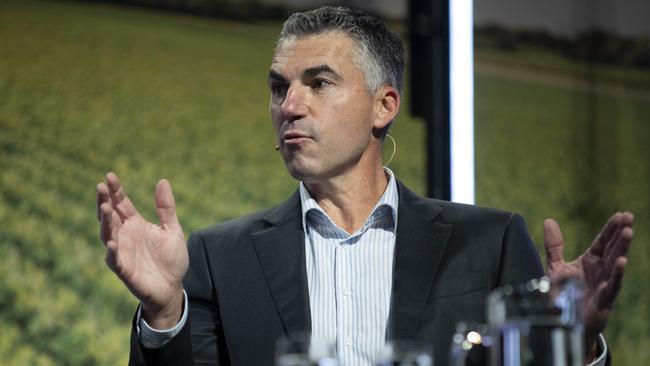
The chief executive of Mondelez Australia, Darren O’Brien, says the federal government must help encourage more investment in local food production by introducing accelerated depreciation allowances of up to 150 per cent.
“If you really want to encourage investing (in the local food manufacturing sector), you’ve got to make sure that the business case stacks up against other global requirements on your business,” Mr O’Brien told The Australian’s Global Food Forum in Melbourne on Wednesday.
He said small, accelerated depreciation allowances or asset write-offs that were part of previous policies were not attractive enough to encourage a major increase in investment. What was needed was more significant policy action.
“Let’s go back and look at, is it 100 per cent (instant asset write-off) reduction, or should it be 150 per cent reduction?” he said.
The government should also consider incentives to encourage investment in automation in the local food manufacturing sector, Mr O’Brien said.
“We used to have this (tax incentives) in research and development … we don’t have it in terms of investment into automation, but it’s something we should look at if you really want to ignite investments in food manufacturing – provide real incentives to do it.”
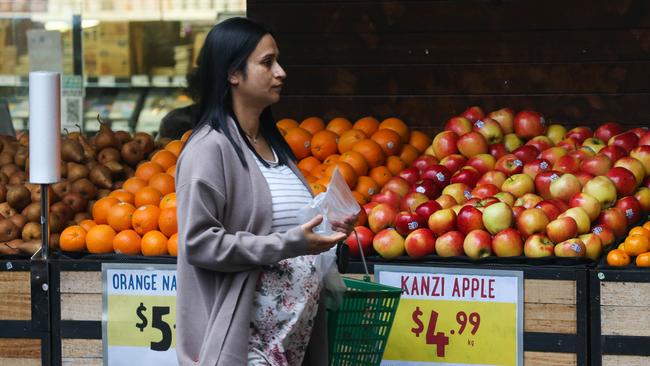
Mr O’Brien, who is also chairman of the Australian Food and Grocery Council, said there needed to be more attention given to policies to encourage people to work in the agricultural sector.
He said the dairy industry faced potential supply chain issues because of the ageing of the dairy farm owners who were finding their children did not want to work on their farms.
“We have 46 dairy farmers down in Tasmania who give us about 130 million litres of milk a year that goes into Cadbury chocolate,” he said.
“Their average age is 70. They’re not finding their kids are that attracted to go into the dairy industry. And this is right across the agricultural sector. But we’re not seeing any policy settings or other issues to try and address it.
“If we want to be a highly successful food manufacturing country, both domestically and also for export, you’ve also got to make sure that you’ve got people who are willing and incentivised to work in the agricultural sector.” He said Australia needed to put more focus on investment needed to have a “world-class food supply chain.”
The Coalition cited the food processing industry as one of the sectors to encourage under its manufacturing strategy outlined in October 2020.
The food industry is now awaiting details of the Albanese government’s attitude to encouraging more domestic manufacturing capability.
Mr O’Brien said Australia needed to stop talking about food manufacturing and outline comprehensive policies to make this happen. “How do we make sure that lots of individual, well-intentioned policies or frameworks can be joined up to actually provide an efficient mechanism for us to be able to grow and be effective and sustainable?” he said.
Mr O’Brien said the pandemic had been a wake-up call that had shown a “vulnerability that we hadn’t necessarily seen in the global supply chain”.
“There were a lot of expectations for that over time, that food supply was reliable and that you could move towards sort of just-in -time manufacturing concepts.
“Covid turned that on its head, whether it be a lack of containers, the availability of sea freight capacity, air freight capacity, all the way through to labour force planning … you have to deal with issues such as 30 to 40 per cent absenteeism and you most recently saw with China continuing to pursue a Covid-zero policy.”
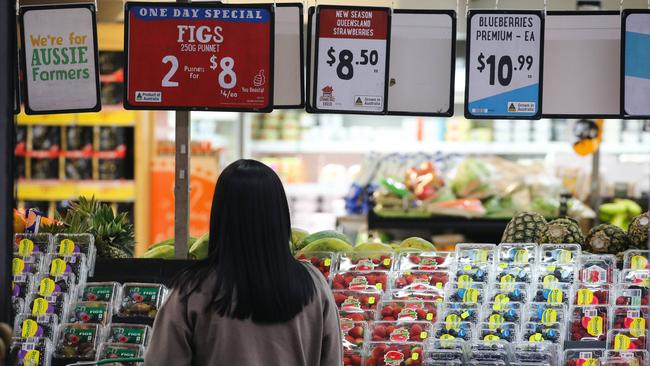
He said there were also delays in getting container ships of imports from China.
“There’s a knock-on effect right throughout the world in terms of where containers are, even the availability of pellets.
Mr O’Brien said food deliveries to Western Australia had recently been disrupted by rain which had cut off the train line for several weeks.
“We need to look at what is the level of infrastructure to enable us to ensure that our supply chain remains reliable in the light of what could be more frequent climate events,” he said. “We need greater reliability because farming and manufacturing never stops.”
Mr O’Brien warned that products like wheat and dairy faced specific issues with the lack of wheat production coming from Ukraine to the prospect of ageing farmers in Australia leaving the dairy industry.
He said conflict in Ukraine had highlighted the vulnerability of wheat supply. The country supplies half of the world’s wheat and 60 per cent of the world’s traded sunflower oil.
At the same time, Australia’s reliance on imported fertiliser for its agricultural industry had also been highlighted because of political tensions in recent years.
“We have seen all these disruptions coming through, both in terms of cost and reliability,” Mr O’Brien said. The focus on the need for more sovereign capabilities had increased the incentive for more food processing being brought back onshore.
“We will see a lot more focus on product security and reliability around sovereign capability,” he said. “We need to look at how we ensure we have sovereign capabilities and support our local manufacturing industry.”
Mr O’Brien, whose company makes lollies and chocolates with brands including Cadbury, Toblerone, Oreo and Sour Patch Kids, has been bringing more of its own manufacturing back onshore.
Last year it bought Gourmet Foods, a Victorian-based manufacturer of biscuits.
Mr O’Brien said the company was now moving 3000 to 4000 tonnes of biscuit manufacturing a year back onshore to locations in Queensland and Victoria.
“We’re bringing back onshore manufacturing which was potentially more cost effective in offshore locations,” he said, adding that its Cadbury products were made with milk from farmers in Tasmania who made milk purely for use in its plant in Claremont.
But he said the company wanted to use more locally produced packaging, particularly packaging made of recycled products.



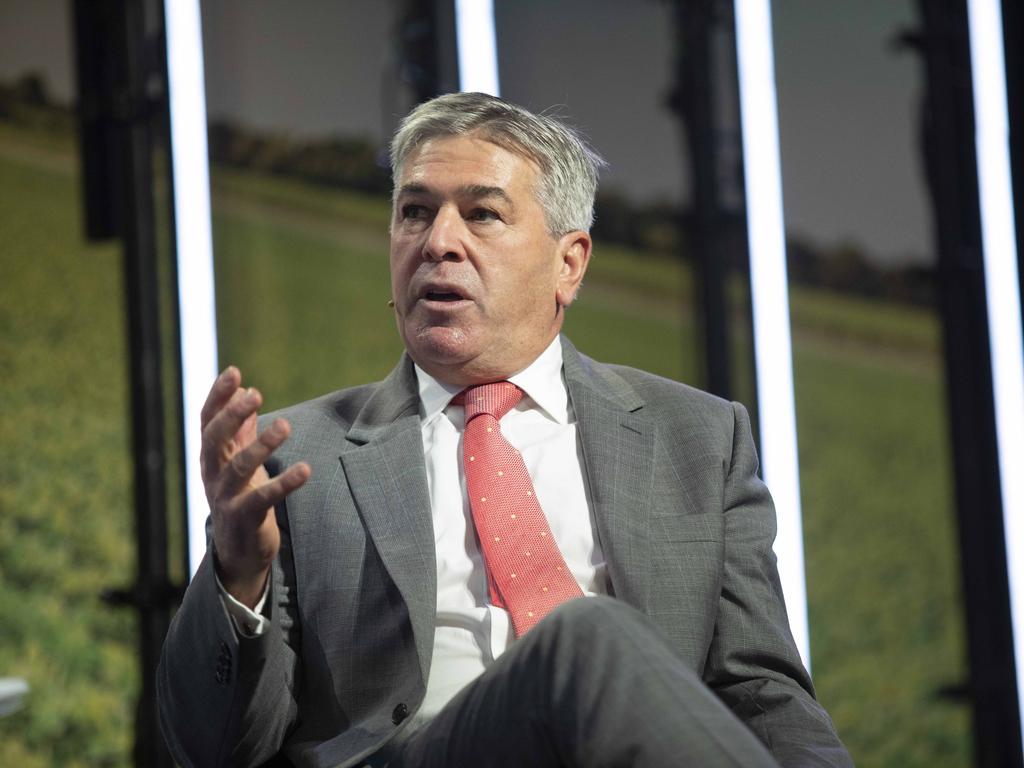

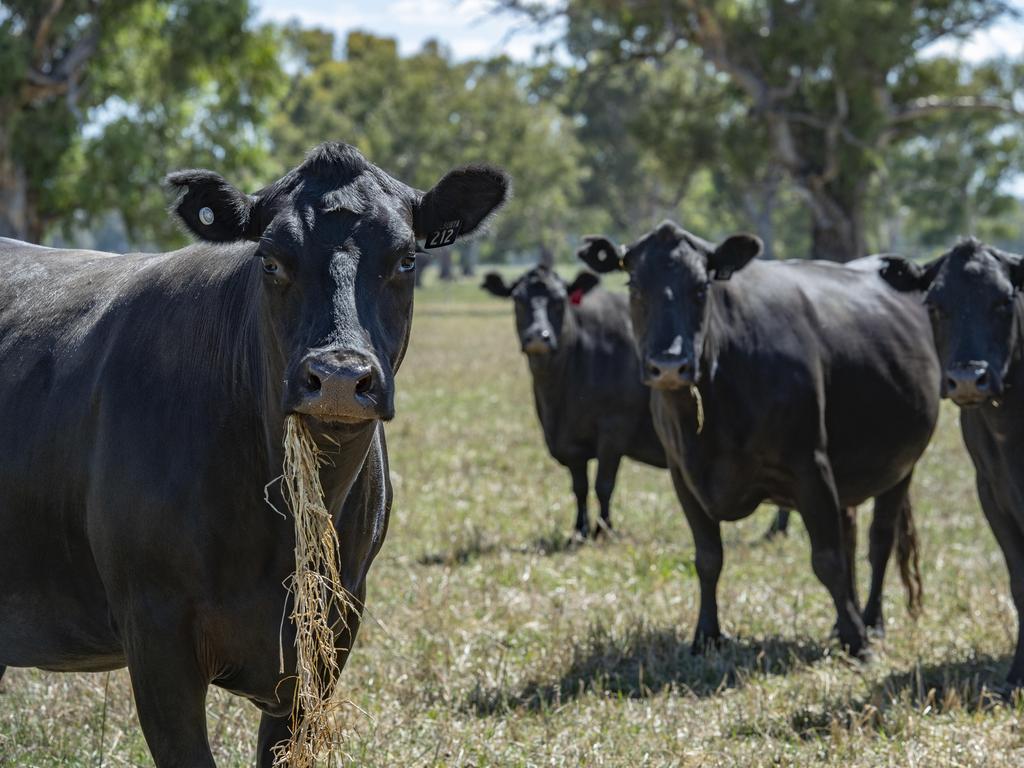


To join the conversation, please log in. Don't have an account? Register
Join the conversation, you are commenting as Logout